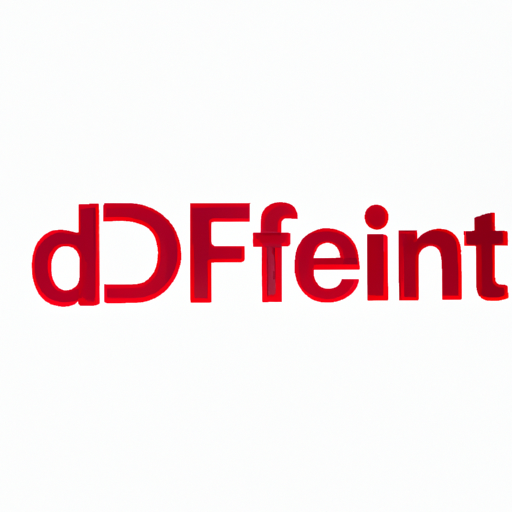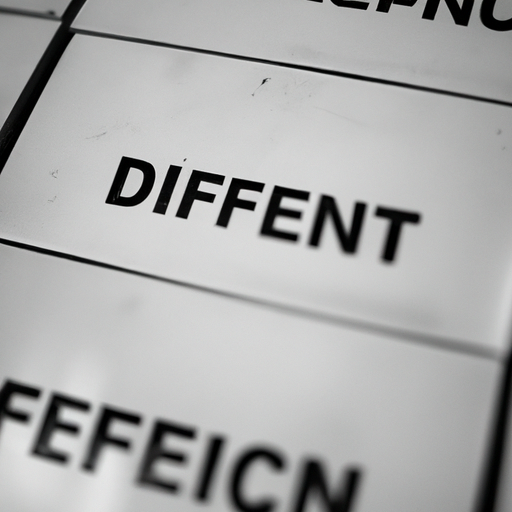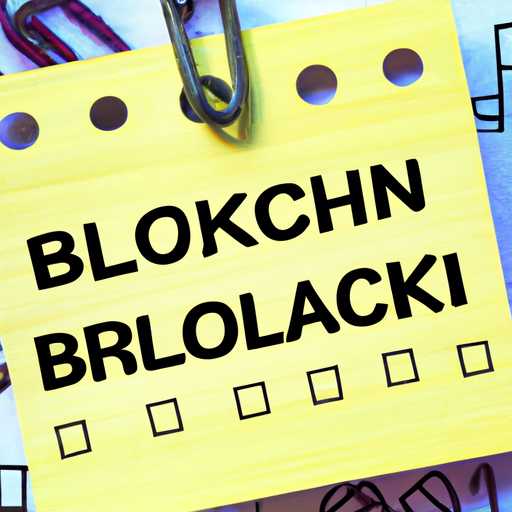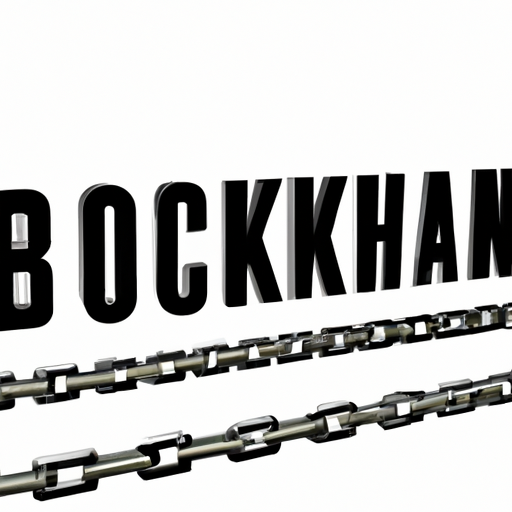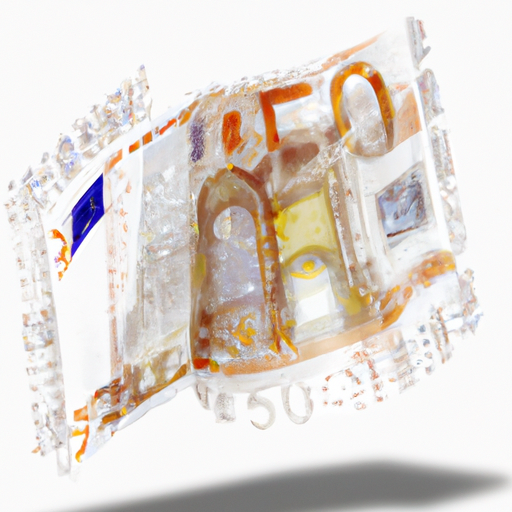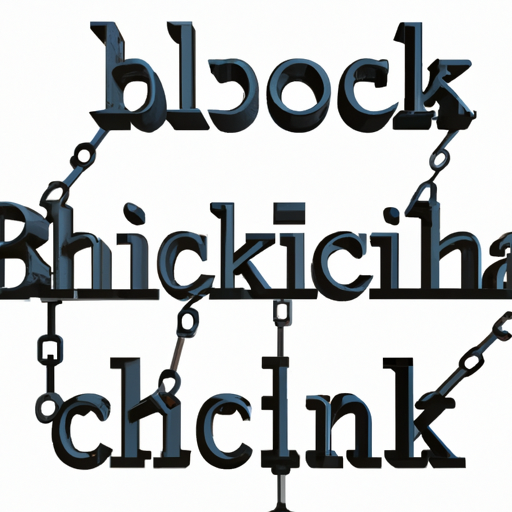In recent years, Decentralized Finance, commonly known as DeFi, has emerged as a groundbreaking movement within the cryptocurrency space. It encompasses a variety of financial applications that are built on top of blockchain technology, primarily Ethereum. In this article, we will explore what DeFi is, how it works, and its potential to reshape the traditional financial system.
What is Decentralized Finance (DeFi)?
DeFi refers to a broad category of financial services that operates without intermediaries such as banks, brokers, or exchanges. Instead, it leverages smart contracts—self-executing contracts with the terms of the agreement directly written into code—to facilitate transactions securely and transparently on the blockchain.
Key Features of DeFi
Some of the most significant features that set DeFi apart from traditional finance include:
- Transparency: All transactions on DeFi platforms are recorded on a public blockchain, allowing for greater accountability and trust.
- Accessibility: Anyone with an internet connection can access DeFi services, eliminating barriers to entry typically associated with traditional finance.
- Interoperability: Many DeFi applications can work together seamlessly due to their underlying protocols, allowing users to switch between services without hassle.
- Control: Users maintain full control over their assets, as wallets associated with DeFi platforms do not hold users’ funds but rather allow them to interact with the blockchain.
Popular DeFi Applications
The DeFi ecosystem comprises various applications, including:
- Decentralized Exchanges (DEXs): Platforms like Uniswap and SushiSwap allow users to trade cryptocurrencies directly with one another.
- Lending Platforms: DeFi lending platforms like Aave and Compound enable users to lend and borrow assets without intermediaries.
- Yield Farming: Users can earn interest on their cryptocurrency holdings by participating in yield farming, which often involves providing liquidity to decentralized applications.
- Stablecoins: Cryptocurrencies like DAI and USDC provide stability as they are pegged to fiat currencies, helping to mitigate volatility.
Risks Involved in DeFi
While DeFi presents numerous opportunities, it is essential to be aware of the risks involved:
- Smart Contract Vulnerabilities: Bugs or exploits in smart contracts can lead to significant losses.
- Market Volatility: Prices of cryptocurrencies can vary dramatically, affecting lending and borrowing conditions.
- Regulatory Uncertainty: The DeFi space is still unregulated, which can pose risks for users.
Conclusion
Decentralized Finance (DeFi) is poised to revolutionize the financial landscape by offering more transparent, inclusive, and secure financial services. As the ecosystem continues to grow, understanding its intricacies and applications will be vital for anyone looking to navigate the world of finance in the digital age.
Stay tuned for more updates and insights into the rapidly evolving DeFi space!

